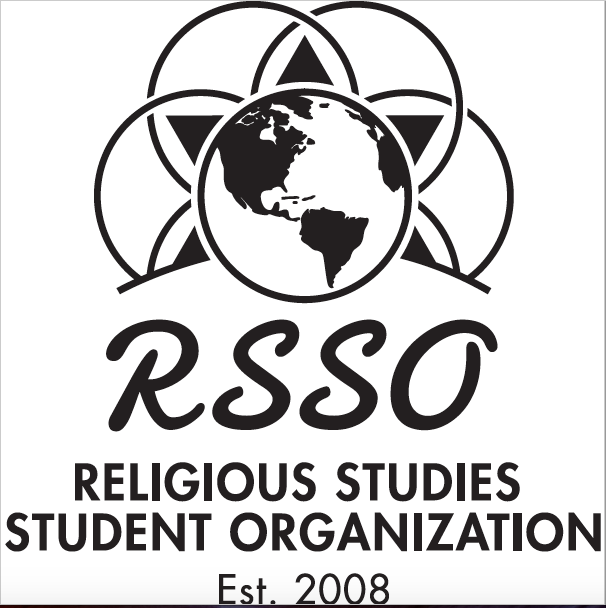Rumble with the Government: Muhammad Ali, The Nation of Islam and Black Nationalism
Moderator
Dr. David Hoeveler
Location
University of Wisconsin-Milwaukee
Start Date
12-4-2014 9:45 AM
End Date
12-4-2014 10:45 AM
Abstract
Very rarely does politics and religion find a place in the field of American sports. Muhammad Ali, however, was an individual whose career incorporated religious and political influences. Save Jackie Robinson, no other American athlete has been responsible for producing as much controversy, awe, and myth around their persona in the eyes of American public as Ali. Ali was young, brash, unorthodox, but most importantly he was an African American at the top of his sport during the Civil Rights Movement in America. His conversion to the Nation of Islam as well as his relationship to certain Black Muslim leaders proved to alienate him from the public, who started viewing Ali in a hostile manner, and vice versa. During Ali’s “reign” in the boxing world in the 1960s much of what he did out of the ring seemed to parallel the direction of the Civil Rights Movement at that time.
This paper will analyze the boxer’s conversion from Cassius Clay to Muhammad Ali while looking at the appeal of the Nation of Islam to African Americans who, until this time, were overwhelmingly Christian as the Black Church was the strongest institution in the African American community. Why were so many African American men converting to what some saw as a militant religious organization? One of the main focuses of this paper will be the Supreme Court case of Clay v. United States in 1971 on the issue of Ali’s refusal to be drafted in the Vietnam War. I plan to address religious and racial implications of the case and what impact this had on the Civil Rights Movement. Additionally, I will draw parallels from Ali’s life to the Civil Rights Movement during this time and how one affected the other.
Rumble with the Government: Muhammad Ali, The Nation of Islam and Black Nationalism
University of Wisconsin-Milwaukee
Very rarely does politics and religion find a place in the field of American sports. Muhammad Ali, however, was an individual whose career incorporated religious and political influences. Save Jackie Robinson, no other American athlete has been responsible for producing as much controversy, awe, and myth around their persona in the eyes of American public as Ali. Ali was young, brash, unorthodox, but most importantly he was an African American at the top of his sport during the Civil Rights Movement in America. His conversion to the Nation of Islam as well as his relationship to certain Black Muslim leaders proved to alienate him from the public, who started viewing Ali in a hostile manner, and vice versa. During Ali’s “reign” in the boxing world in the 1960s much of what he did out of the ring seemed to parallel the direction of the Civil Rights Movement at that time.
This paper will analyze the boxer’s conversion from Cassius Clay to Muhammad Ali while looking at the appeal of the Nation of Islam to African Americans who, until this time, were overwhelmingly Christian as the Black Church was the strongest institution in the African American community. Why were so many African American men converting to what some saw as a militant religious organization? One of the main focuses of this paper will be the Supreme Court case of Clay v. United States in 1971 on the issue of Ali’s refusal to be drafted in the Vietnam War. I plan to address religious and racial implications of the case and what impact this had on the Civil Rights Movement. Additionally, I will draw parallels from Ali’s life to the Civil Rights Movement during this time and how one affected the other.

